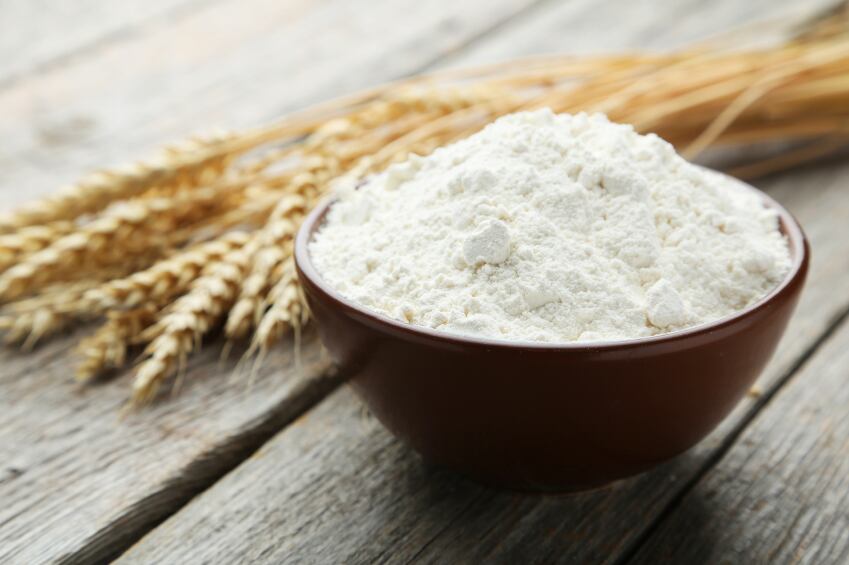The international team examined proteins with a proven relationship to coeliac disease, occupational asthma (baker’s asthma) or wheat dependent exercise induced anaphylaxis (WDEIA).
Dr Angéla Juhász, who is a Senior Research Fellow at the State Agricultural Biotechnology Centre at Murdoch University, co-led the study with Professor Rudi Appels also at Murdoch University and Professor Odd-Arne Olsen from the Norwegian University of Life Sciences.
“Understanding the genetic variability and environmental stability of wheat will help food producers to grow low allergen food that could be used as a safe and healthy alternative to complete wheat avoidance,” Dr Juhász said.
“We have developed the first complete representation of the proteins related the different forms of immune response in humans, which has helped us to accurately determine the genetic variability of these proteins and their environmental vulnerability.”
Along with mapping the location of these proteins on the wheat genome, the research team investigated how the environment affected the expression of proteins in developing grain, and resulting effect on human health.
“Seed grain protein content strongly depends on the environmental conditions during growing and so it is extremely important for the development of low allergen wheat products,” Dr Juhász said.
Extreme temperatures
The researchers identified that certain growing conditions had a strong effect on the amount of proteins triggering food allergies in wheat.
“Climate change and the increase in global temperatures accompanied by more frequent spikes of extreme temperatures can stress crops in a range of ways, and we found this temperature stress changed the expression of the immunoreactive proteins,” Dr Juhász.
“When the growing season had a cool finish we found an increase in proteins related to baker’s asthma and food allergies. On the other hand, high temperature stress at the flowering stage of the growing season increased the expression of major proteins associated with coeliac disease and WDEIA.
“These results will help food producers to identify grains with reduced allergen and antigen content.”
The research was made possible through the publicly available wheat genome resource decoded through International Wheat Genome Sequencing Consortium(IWGSC) co-led by Murdoch University researcher Professor Rudi Appels.
The project was co-funded by the Grains Research and Development Corporation and Department of Industry, Innovation, Climate Change, Science, Research and Tertiary Education: Australia China Science and Research Fund Group Mission.


